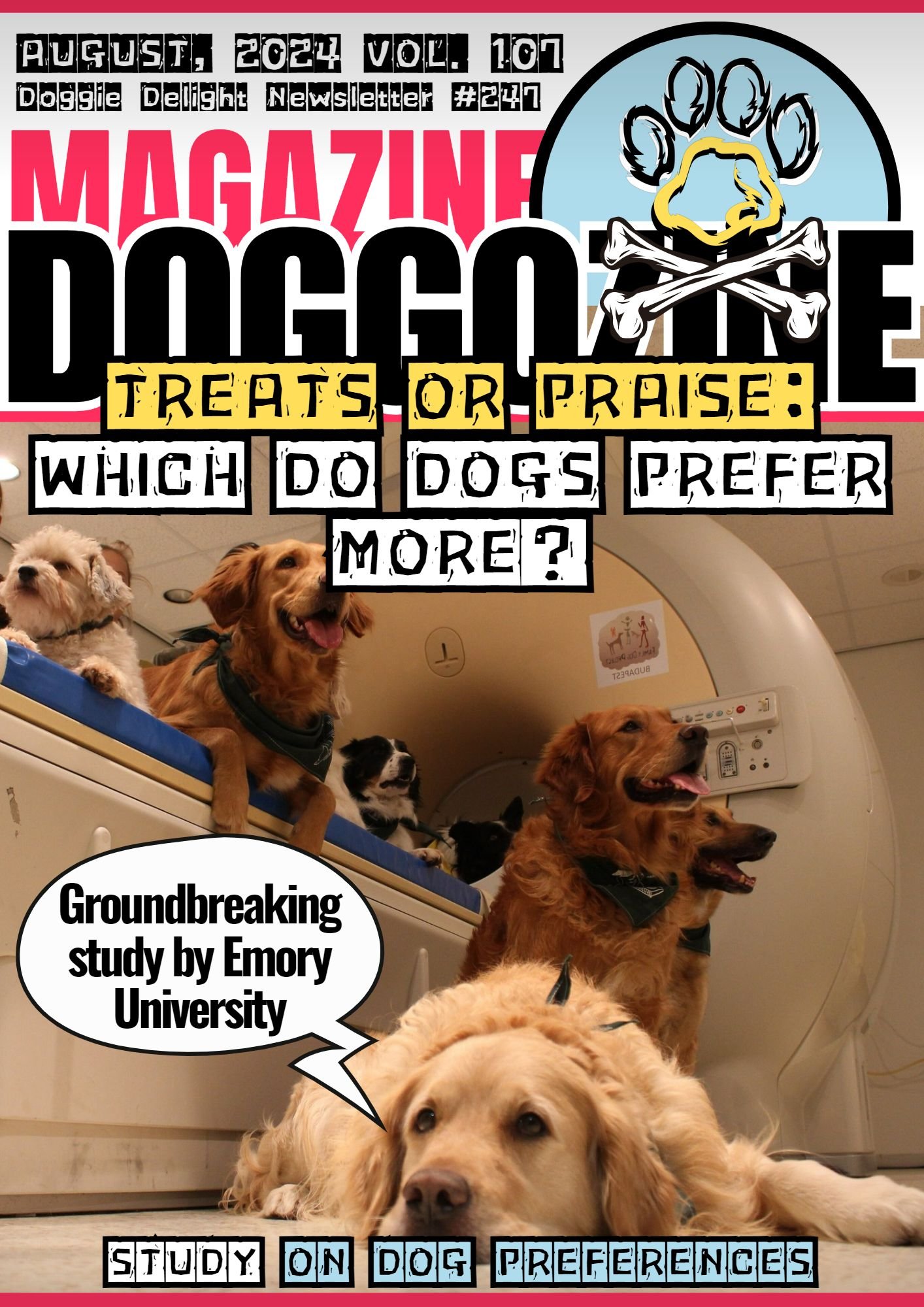
EXPLORING DOG PSYCHOLOGY: DO DOGS CRAVE MORE FOR TREATS OR PRAISE?
Are you curious about what truly motivates man’s best friend – dogs? The age-old debate of whether dogs crave more for treats or praise has finally been unraveled through a groundbreaking study by Emory University. Dive deep into the intricate realms of dog psychology as we dissect the nuances of their preferences.
The Study for Dog’s Choice Between Treats or Praise Unravel The Mysteries Of Dog Behavior
In this expertly crafted blog, we unearth the insights revealed by Emory University’s fMRI study, shedding light on the surprising behavior patterns of our beloved furry companions. From exploring the social reward mechanisms in dogs to understanding individual variations in their preferences, this blog offers a captivating journey into the minds of our four-legged friends.
Discover the significance of social interaction in shaping the human-dog bond and gain expert perspectives on how these findings can revolutionize pet training and bonding practices. Join us as we embark on a quest to unravel the mysteries of dog behavior and strengthen the everlasting bond between humans and their loyal companions.
Understanding the Emory University Study on Dog Preferences
In a groundbreaking study, researchers at Emory University delved into the fascinating world of dog psychology using functional magnetic resonance imaging (fMRI) to scan dogs’ brains. The study aimed to uncover whether our furry friends prioritize treats or praise during social interactions.
The innovative study design involved training dogs to lie still in an fMRI machine, allowing researchers to observe their neural activity in response to different stimuli. This non-invasive approach provided unprecedented insights into the inner workings of the canine mind.
Researches Made Brain Scans During The Dog’s Choice For Treats Or Praise
Dr. Gregory Berns, the lead researcher, emphasized the significance of this study in understanding the emotional states and preferences of dogs. By comparing brain scans during treats for reward and social praise, the team sought to shed light on the true nature of the dog-human bond.
The implications of this research extend beyond mere curiosity! It has the potential to revolutionize how we interact with and train our beloved pets. By gaining a deeper understanding of their emotional needs and motivations, we can foster stronger, more fulfilling relationships with our canine companions.
As the study unfolded, dog owners and animal lovers alike eagerly awaited the results, hoping to gain valuable insights into their pets’ behavior. The findings promised to challenge long-held assumptions and provide a fresh perspective on the complex world of dog psychology.
🔑 Key Points: The Emory University study utilized fMRI technology to investigate whether dogs prioritize treats or praise, offering groundbreaking insights into canine preferences and the dog-human bond.
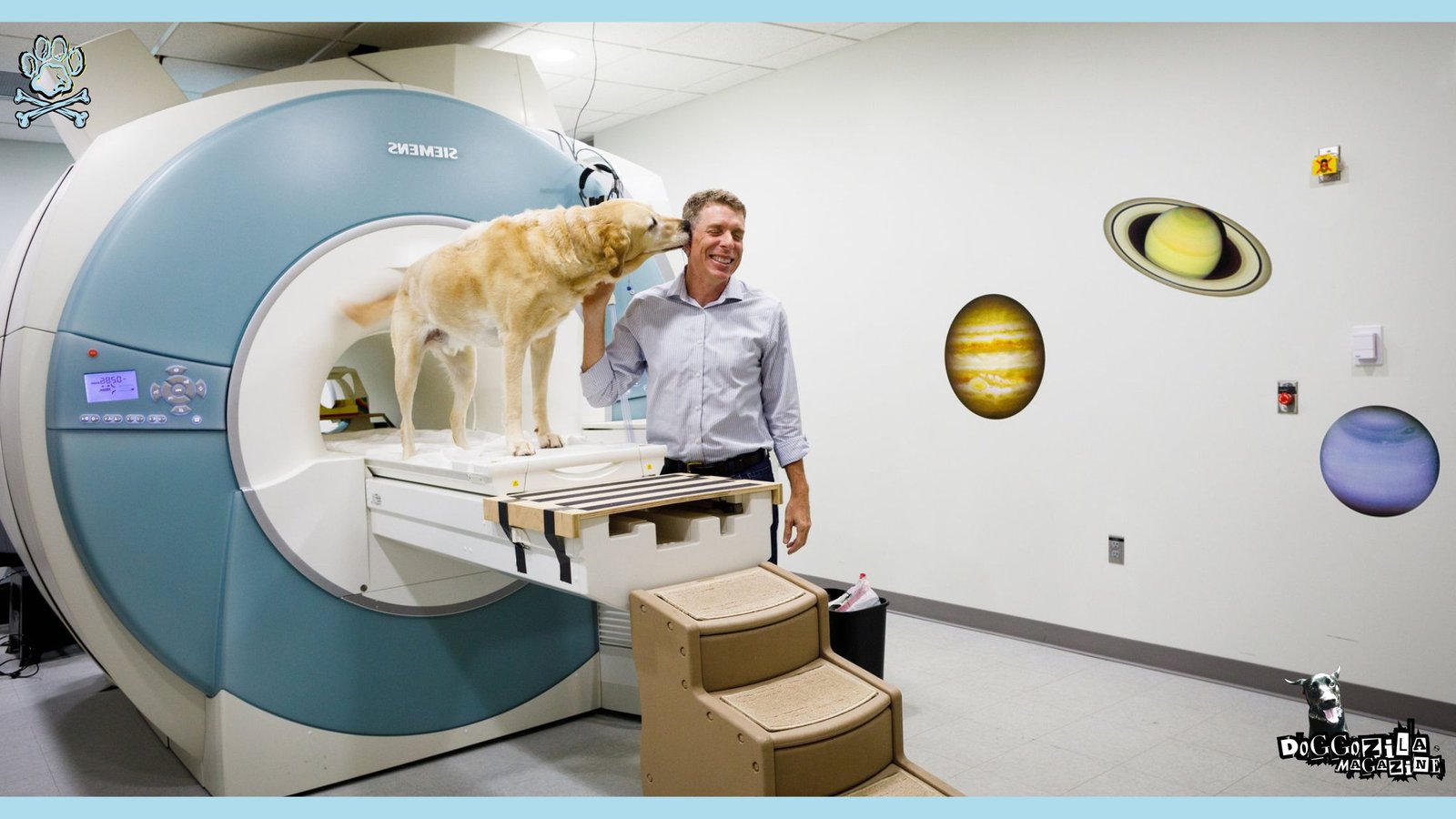
THE ROLE OF AFFECTIVE NEUROSCIENCE IN DOG RESEARCH
Affective neuroscience plays a crucial role in unraveling the mysteries of the dogs’ brain and emotional states. By studying neural activity patterns, researchers can gain valuable insights into how dogs process and respond to various stimuli.
The Practical Applications In Improving The Well-Being Of Our Dogs
This field of study allows us to move beyond behavioral observations and delve into the underlying mechanisms that drive dog behavior. By understanding the brain regions activated during different experiences, such as receiving treats or praise, we can better comprehend the emotional significance of these events for dogs.
Affective neuroscience not only enhances our scientific knowledge but also has practical applications in improving the well-being of our furry companions. By identifying the neural pathways involved in positive experiences, we can develop more effective training methods and create environments that promote their emotional health.
🔑 Key Points: Affective neuroscience is essential in understanding the neural basis of canine emotions and behavior, leading to improved welfare and human-dog relationships.
Dissecting the Experiment: Treats or Praise
The Emory University study meticulously designed an experiment to compare dogs’ responses to food treats and social praise. The setup involved a designated space where dogs were presented with both stimuli, allowing researchers to observe their reactions.
During the food treat phase, dogs were given their favorite snacks, such as small pieces of chicken or cheese. The researchers carefully monitored the dogs’ behavior and brain activity using fMRI scans, noting any changes in neural activity patterns.
In the social praise phase, the dogs’ owners enthusiastically praised and petted their furry friends, providing them with affectionate verbal and physical attention. Once again, the researchers recorded the dogs’ responses and brain activity.
Comparing the Two Stimuli – Treats or Praise
By comparing the neural activity during both phases, the researchers aimed to determine which stimulus elicited a stronger response in the dogs’ brains. This comparison would provide valuable insights into their preferences and the relative importance of food rewards versus social interaction.
The experiment was carefully controlled to ensure that any differences in brain activity could be attributed to the specific stimuli rather than external factors. The researchers also took into account individual variations among the dogs, such as age, breed, and prior training experiences.
🔑 Key Points: The experimental setup allowed researchers to directly compare dogs’ neural responses to food treats and social praise, providing a window into their preferences and the significance of each stimulus.
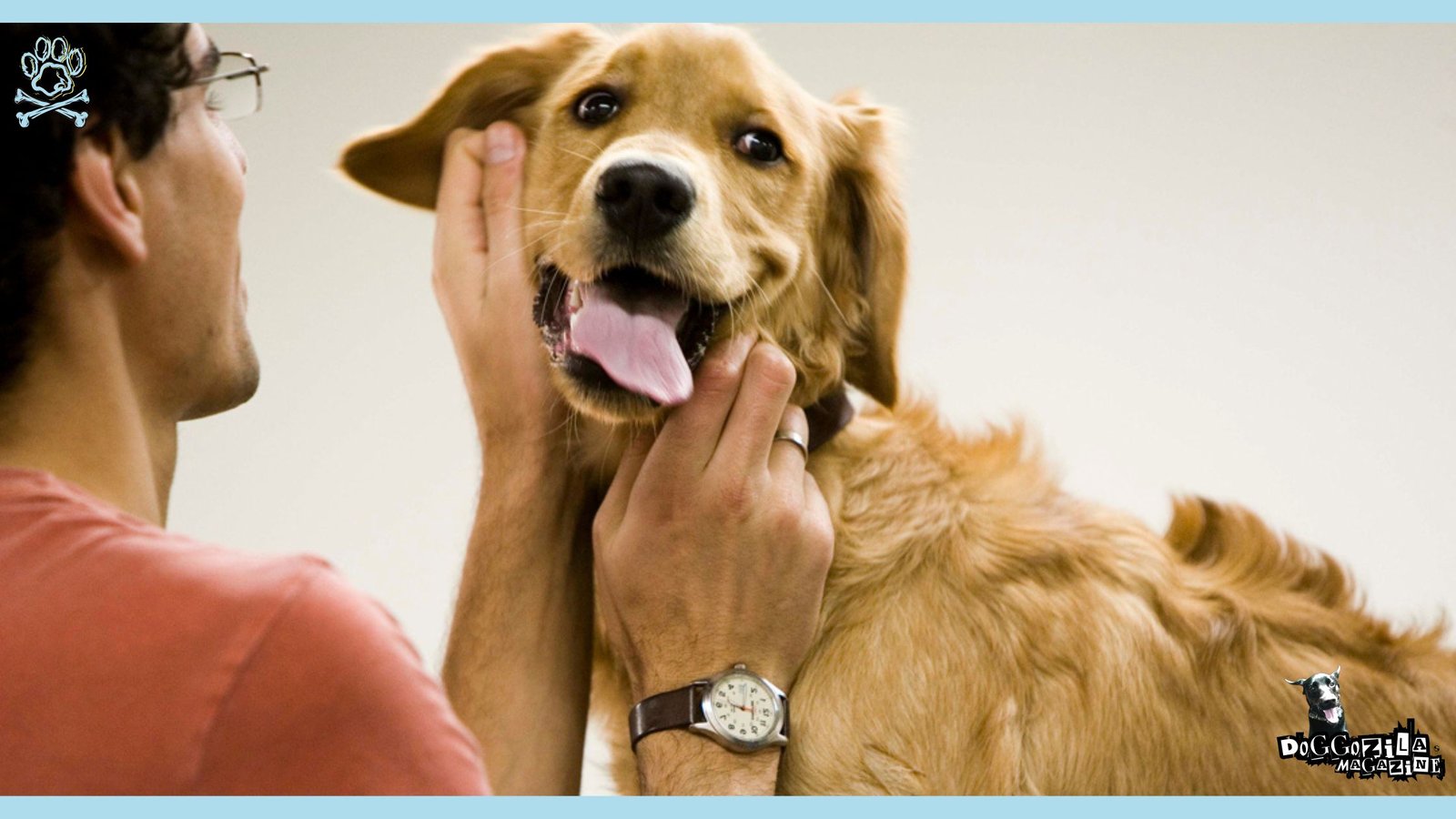
INDIVIDUAL DOG PREFERENCES: TREATS OR PRAISE?
While the majority of dog owners believe that their pets are primarily motivated by food, the study revealed that individual dogs can have varying preferences. Some dogs showed a stronger response to praise, while others were more excited by treats. These findings highlight the importance of recognizing the unique personalities and needs of each dog. What works for one may not be as effective for another. Pet parents should take the time to observe their dogs’ reactions and tailor their approach accordingly.
🔑 Key Points: Individual dogs exhibit different preferences for treats or praise, emphasizing the need for personalized attention and understanding from their owners.
The Significance of Social Reward in Dogs
One of the key findings of the study was the significance of social reward in dogs. When praised by their owners, the ventral caudate region of the dog brain, associated with positive expectations and rewards, showed increased activity.
This suggests that dogs experience a sense of calm and well-being when they receive affectionate attention from their human companions. The social bond between dogs and their owners is not solely based on food rewards but also on the emotional connection and positive reinforcement provided through praise.
Dr. Gregory Berns, the lead researcher, emphasized that this discovery challenges the notion that dogs are merely motivated by treats. Instead, it highlights the importance of social interaction and the role of praise in strengthening the dog-human bond.
🔑 Key Points: The activation of the ventral caudate region in response to praise underscores the emotional significance of social reward for dogs and the importance of affectionate human interaction.
Insights from the Functional Magnetic Resonance Imaging (fMRI)
The use of functional magnetic resonance imaging (fMRI) in the Emory University study provided unprecedented access to the inner workings of the canine brain. This advanced technology allowed researchers to observe neural activity in real-time as dogs experienced different stimuli.
By comparing brain scans during treat and praise conditions, the researchers were able to identify specific regions that responded more strongly to one stimulus over the other. This level of detail was previously impossible to achieve through behavioral observations alone.
The fMRI data revealed that the majority of dogs showed equal or greater activation in reward-related brain areas when praised, compared to receiving treats. This finding challenges the popular belief that dogs are solely motivated by food and highlights the importance of social interaction in their emotional well-being.
🔑 Key Points: The fMRI technology provided valuable insights into the neural mechanisms underlying dogs’ responses to treats and praise, revealing the significance of social reward in their emotional experiences.
Expert Opinions on Dog Behavior and Social Interaction
Dr. Gregory Berns, the lead researcher of the dog project, emphasizes that the study’s findings have important implications for understanding the basis of the dog-human bond. He suggests that social interaction and praise are just as important, if not more so, than food rewards in shaping dogs’ behavior and emotional well-being.
Other experts in the field of canine behavior echo this sentiment, highlighting the importance of positive reinforcement through social interaction. They stress that building a strong emotional connection with dogs is crucial for their overall happiness and success in training.
🔑 Key Points: Experts underscore the significance of social interaction and praise in fostering a strong dog-human bond and promoting positive dog behavior.
Previous Research and Studies Comparing to Current Findings
The Emory University study builds upon previous research in the field of dog psychology and non-human imaging work. One notable study conducted in 2016 investigated dogs’ preferences for petting versus praise, revealing that most dogs favored petting over verbal praise.
While the current study did not directly compare petting and praise, it expanded upon these findings by incorporating functional magnetic resonance imaging (fMRI) to examine brain activity. This technological advancement allowed for a more detailed understanding of the neural mechanisms underlying dogs’ responses to different stimuli.
By comparing the results of the Emory University study with previous research, we can gain a more comprehensive understanding of dog behavior and preferences. The consistency in findings regarding the importance of social interaction and affection in dogs’ emotional well-being strengthens the overall body of knowledge in this field.
🔑 Key Points: The Emory University study builds upon and expands previous research, providing a more in-depth understanding of canine preferences and the neural basis of their responses to social interaction.
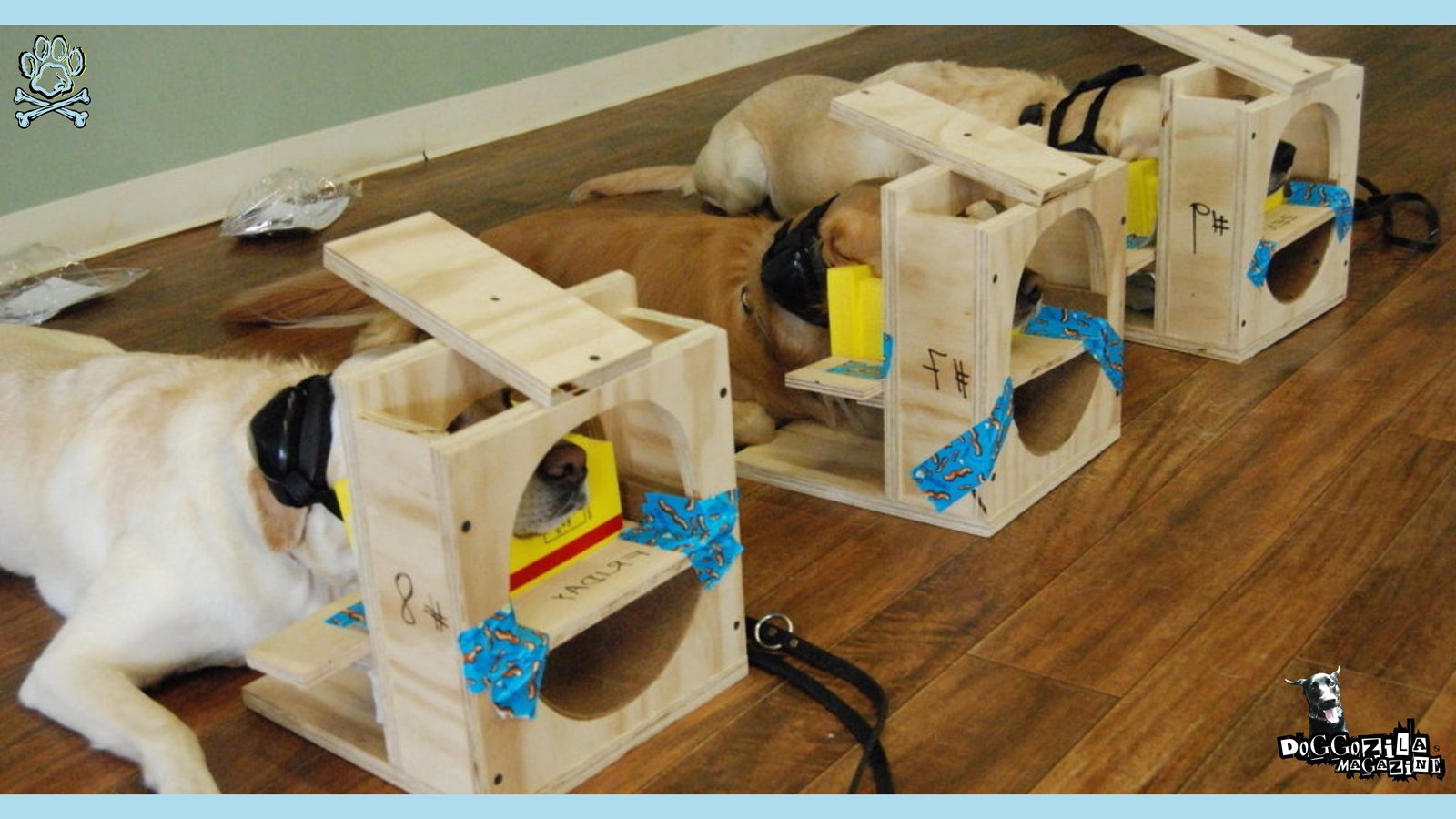
PRACTICAL IMPLICATIONS FOR DOG OWNERS AND TRAINERS
The findings of the Emory University study have significant practical implications for dog owners and trainers. By understanding that dogs value social praise and interaction just as much as, if not more than, food rewards, we can adapt our approach to training and bonding with our furry companions.
Positive Reinforcement Techniques
Dog trainers can incorporate more social praise and affection into their training methods, using verbal encouragement and physical touch to reinforce desired behaviors. This approach not only strengthens the emotional bond between the dog and trainer but also capitalizes on the dog’s natural responsiveness to social rewards.
Enhancing the Human-Dog Bond
For pet parents, the study highlights the importance of providing ample social interaction and affection to their dogs. Simple acts like enthusiastic praise, petting, and quality time spent together can significantly impact a dog’s emotional well-being and deepen the human-dog bond.
Tailoring Approaches to Individual Dogs
Recognizing that individual dogs may have different preferences for treats or praise, owners can observe their pets’ reactions and adjust their approach accordingly. Some dogs may thrive on verbal praise, while others may respond more strongly to physical affection or a combination of both.
By embracing the power of social interaction and tailoring our approach to each dog’s unique needs, we can create a more fulfilling and harmonious relationship with our canine companions.
🔑 Key Points: The study’s insights encourage dog owners and trainers to prioritize social praise and interaction, adapt their approaches to individual dogs’ preferences, and foster stronger emotional bonds with their furry friends.

ADDRESSING THE CONTROVERSY: FOOD REWARD AS TREATS OR PRAISE FOR SOCIAL INTERACTION
The Emory University study’s findings have sparked a conversation about the relative importance of food rewards versus social interaction in shaping dog behavior. While some argue that food is the primary motivator for dogs, especially in the case of adopted or previously mistreated dogs, the study suggests that social praise and interaction hold significant value. It is essential to recognize that both food rewards and social interaction play important roles in a dog’s life. The key is to strike a balance and understand the individual needs of each dog, whether they are a well-adjusted pet or a rescue learning to trust again.
🔑 Key Points: The controversy surrounding food rewards and social interaction highlights the need for a balanced approach that considers each dog’s unique circumstances and emotional needs.
The Impact of Training and Human Contact
The study’s success relied on months of training to prepare the dogs for the fMRI experience. This process involved gradual desensitization to the scanner environment, teaching the dogs to remain still, and building their comfort level with the equipment.
On a practical level, this highlights the importance of consistent training and human contact in shaping dogs’ behavior and emotional readiness. Through patience, positive reinforcement, and regular interaction, dogs can learn to adapt to new situations and form strong bonds with their human companions.
🔑 Key Points: The study’s training process underscores the significance of consistent human contact and gradual training in preparing dogs for novel experiences and fostering their overall well-being.
Challenges in Canine Affective Neuroscience Research
While the Emory University study provides valuable insights into canine preferences and brain activity, it is important to acknowledge the challenges and limitations inherent in this field of research. One major consideration is the small sample size, which can limit the generalizability of the findings to the broader dog population.
Additionally, working with dogs in an fMRI scanner presents logistical and technical difficulties. Ensuring the dogs’ safety, comfort, and cooperation requires extensive training and specialized equipment. The noise and confined space of the scanner can be challenging for some dogs, potentially influencing the results.
Furthermore, interpreting brain activity data from dogs is a complex task that requires a deep understanding of canine neurobiology and behavior. Drawing conclusive insights from a limited number of brain scans can be difficult, emphasizing the need for further research and replication studies.
Despite these challenges, the study represents a significant step forward in our understanding of dog emotions and preferences, paving the way for future advancements in this field.
🔑 Key Points: Canine affective neuroscience research faces challenges such as small sample sizes, logistical difficulties, and complexities in interpreting brain activity data, highlighting the need for continued research and cautious interpretation of findings.
Future Directions in Dog Psychology Research
The Emory University study opens up exciting avenues for future research in canine psychology. Building upon these findings, researchers can explore additional aspects of canine emotions and social cognition, such as the impact of different types of praise, the role of individual personality traits, and the influence of early life experiences.
Furthermore, collaborations between animal behaviorists, neuroscientists, and veterinarians can lead to a more comprehensive understanding of dog well-being. Combining insights from brain imaging studies with behavioral observations and owner surveys, as seen in the American Veterinary Medical Association survey, can provide a holistic view of dogs’ emotional lives.
🔑 Key Points: Future research in canine psychology should explore additional aspects of canine emotions, foster interdisciplinary collaborations, and integrate multiple approaches to gain a comprehensive understanding of dogs’ well-being.
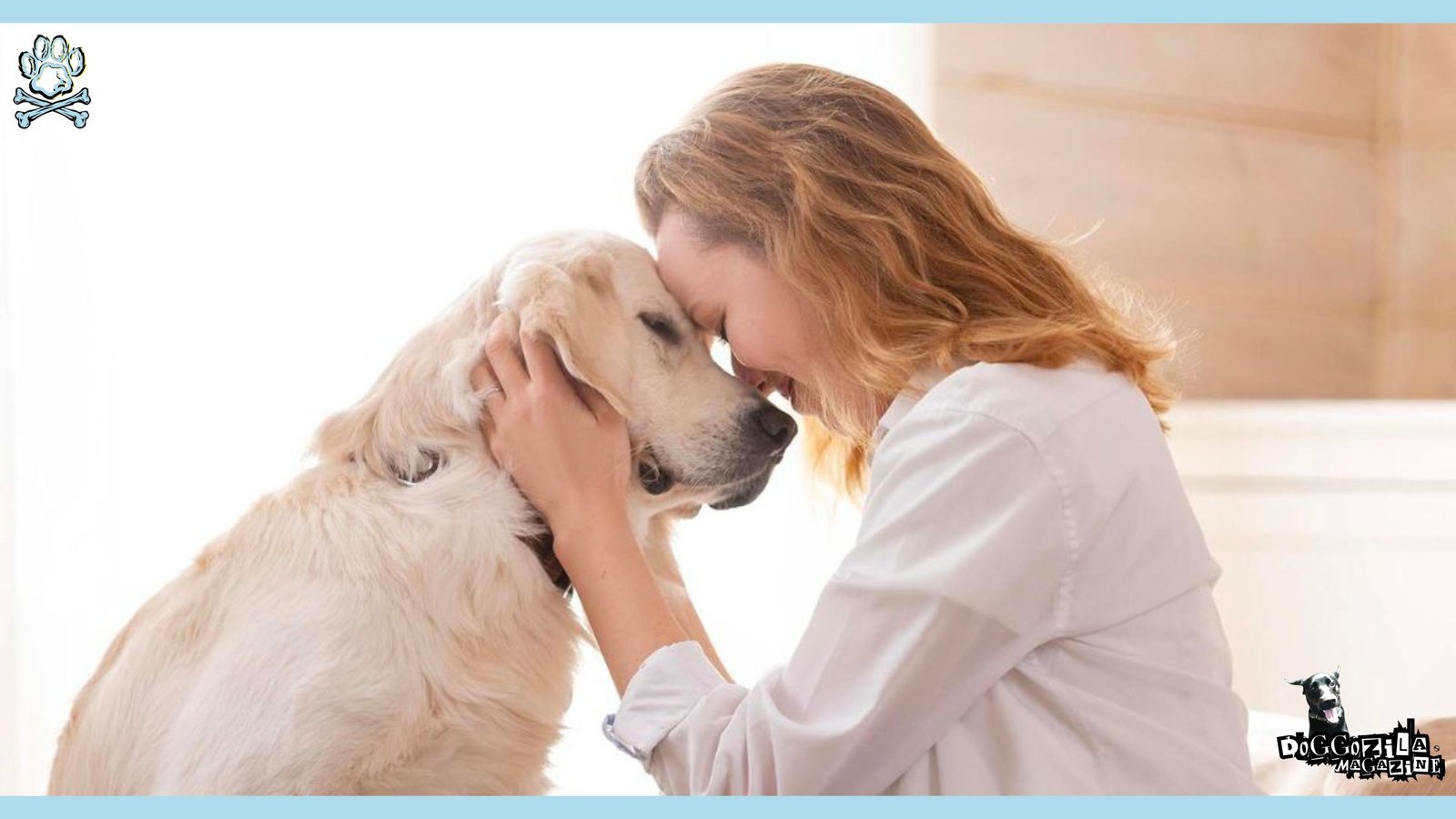
REAL-WORLD APPLICATIONS: ENHANCING THE DOG-HUMAN BOND
The insights gained from the Emory University study have far-reaching applications in enhancing the bond between dogs and their human companions. By understanding the importance of social interaction and praise, pet owners can create a more fulfilling and emotionally supportive environment for their furry friends.
Creating a Positive Home Environment
Simple actions like providing a designated resting spot, engaging in regular play sessions, and offering plenty of verbal praise and physical affection can significantly impact a dog’s emotional well-being. Incorporating scents of familiar humans, such as a worn t-shirt, can provide comfort and security, especially for anxious or newly adopted dogs.
Strengthening the Bond through Training
Dog owners can apply the study’s findings to their training approaches, emphasizing the use of social praise and positive reinforcement. By rewarding desired behaviors with enthusiastic verbal encouragement and physical affection, owners can strengthen the emotional connection with their dogs and foster a sense of trust and cooperation.
Promoting Dog Well-being
Recognizing the significance of social interaction in dogs’ lives, pet owners can prioritize quality time spent with their furry companions. Regular walks, interactive play, and opportunities for socialization with other dogs and humans can greatly contribute to a dog’s overall happiness and emotional fulfillment.
By embracing the power of social praise and interaction, dog owners can create a deeper, more meaningful bond with their pets, ultimately promoting their well-being and enriching their lives together.
🔑 Key Points: Applying the study’s insights to create a positive home environment, strengthen the bond through training, and promote canine well-being can greatly enhance the relationship between dogs and their human companions.
Final Thoughts About What Dogs Prefer More: Treats or Praise
The journey into understanding canine psychology and whether dogs prioritize praise over treats has been enlightening. Through the fascinating insights from the Emory University study and the world of affective neuroscience, we have discovered the intricate workings of the dog brain when presented with social rewards. The experiments dissecting treats versus praise have shed light on individual dog preferences, emphasizing the significance of social interactions in shaping behavior.
As we delve deeper into the significance of social rewards and the impact of training on the dog-human bond, it becomes evident that our furry companions thrive on positive reinforcement and human contact. By applying these findings in practical training methods and enhancing the bond through designated resting spots and familiar scents, we can truly deepen our relationships with our pets. With a focus on enhancing the dog-human bond and leveraging social rewards, we invite you to explore the practical implications for dog owners and trainers.
The potential benefits of incorporating these insights into your interactions with your furry friends are boundless, paving the way for a stronger and more fulfilling bond.
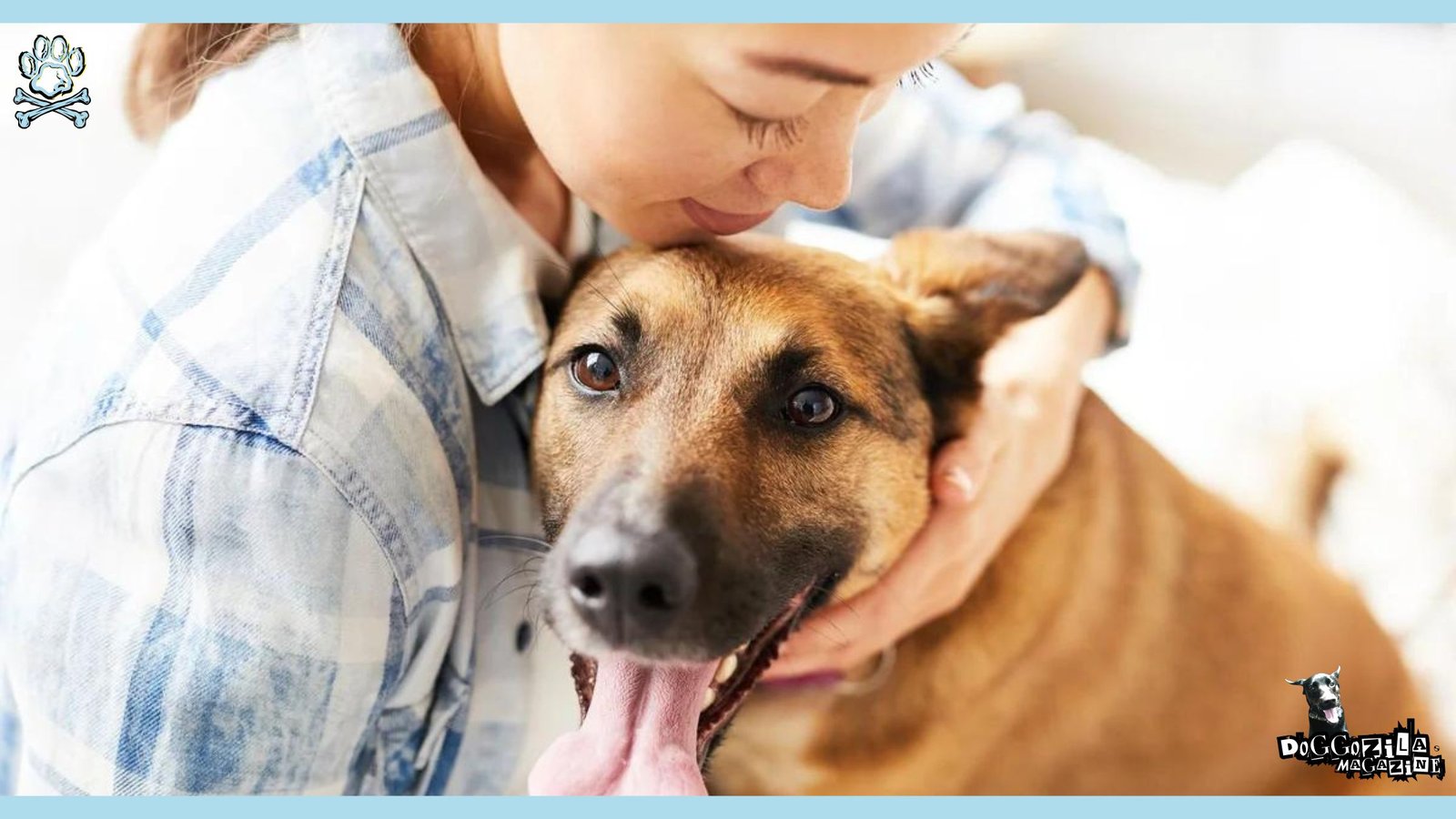
Thank you for joining us on this insightful journey into the world of dog psychology and behavior.









